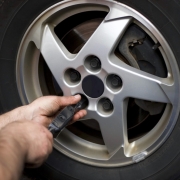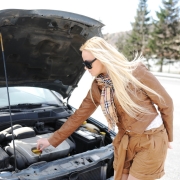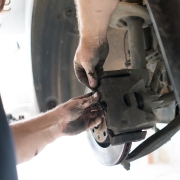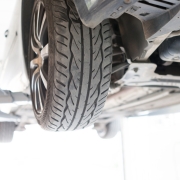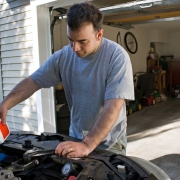4 Questions to Ask Your Car Repair Shop
The nation’s auto industry produces great vehicles that run very well when maintained properly. However, all cars eventually need repairs due to accidents, parts wearing out, and other causes. Most people have lots of options for choosing a maintenance and repair facility. In fact, according to Zippia, the U.S. auto industry employs about 923,000 workers. Here are four questions you should ask to find a good car repair shop to service your vehicles.
1. How Experienced Are Your Technicians?
You should make sure an automotive facility has experienced technicians and good diagnostic equipment. Experienced technicians will know how to use diagnostic computers and tools to determine what’s wrong with your vehicle and fix it when needed. They also should be able to provide routine maintenance and inspect your brakes, cooling system, and other mechanical systems to see if any need preventive maintenance.
2. Can You Work on My Make and Model?
Some automotive shops specialize in particular makes and models of vehicles. You should make sure yours is one that they can maintain and repair. The car repair shop should have diagnostic equipment, tools, and parts that will work on your vehicle. The shop also should have technicians who are experienced at working on the same vehicle for other people and are very familiar with its mechanical systems.
3. How Long Will Repairs Take?
Not having your everyday vehicle can be a nightmare. Carpooling with coworkers or getting a ride from family can be the worst part of the day. Asking your car repair shop how long the process will take should be one of your top priorities. Asking this allows you to make changes and adapt your schedule to the shop’s updates and progress.
4. Does Your Shop Have Up-to-Date Technology?
Cars and technology and constantly evolving. In the past, the latest digital technology was never needed with a new car. With modern vehicles having such a high level of software and tech, it’s required a good car repair shop has the highest level of software as well. Make sure you find a car repair shop that stays up to date with the latest technology trends and equipment fit for your vehicle.
Are you looking for a reliable, trustworthy auto repair shop? Choose Melton Automotive. You can call or visit our car repair shop to learn more about our services.

